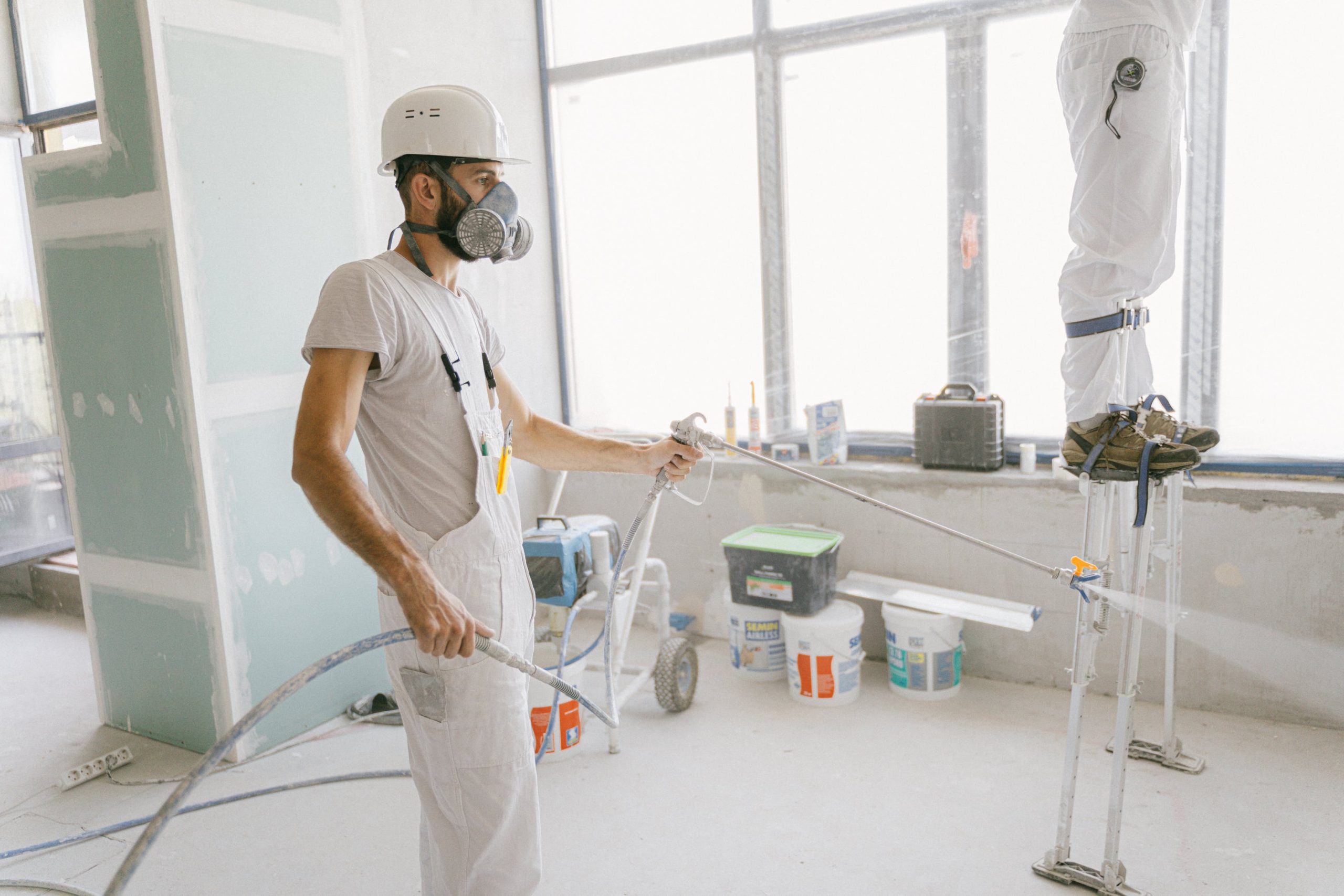BLOG
Revised PPE Regulations | Employers’ duties extended to ALL workers

Under new Personal Protective Equipment at Work (Amendment) Regulations 2022, employers’ duties in respect to PPE will soon apply to those classed as “workers” as well as “employees”. The amendment applies to England, Scotland and Wales.
Duties unchanged but extended
The Personal Protective Equipment PPE Regulations 1992 (PPER 1992) require that every employer provide suitable PPE to “employees” who may be exposed to a risk to their health or safety while at work. The amended regulations will extend this duty to ensure that agency and temporary workers – so-called “limb (b)” workers – are also covered by the legislation.
The definition of “worker” can be found in the Employment Rights Act 1996. The definition has two limbs, (a) and (b):
- Limb (a) refers to those with a contract of employment. These workers are classified as employees under the Health and Safety at Work etc Act 1974 and are already within the scope of the existing regulations.
- Limb (b) describes workers who have a more casual employment relationship and work under a contract for service. These individuals are not currently covered by the PPER 1992.
The decision to extend protection to workers who carry out casual or irregular work was prompted by a 2020 High Court judgment, which concluded that the UK had failed to adequately transpose aspects of two EU Directives into UK law post-Brexit. The High Court ruled that UK implementation of EU law should extend to limb (b) workers.
The Health and Safety Executive (HSE) hosted a formal public consultation last summer and recently published its response, in which it concluded that amendments to the regulations were necessary to ensure workers are given the same protections in regard to PPE.
Do you need support?
Speak to us for an honest, no obligation chat on:
0345 226 8393 Lines are open 9am – 5pm
What does this mean for employers?
From 6 April, all workers (not just those who are employed under a contract of employment, as is the case at the moment) will have to be provided with suitable PPE. Employers will therefore need to carefully consider whether the amended regulations impact them and their workforce, and make the necessary preparations to comply.
PPE protects the user against health or safety risks at work. It typically includes safety helmets, gloves, eye protection, high-visibility clothing, safety footwear and safety harnesses. It also includes respiratory protective equipment. It doesn’t cover usual work clothing that is not designed to protect the safety of the user. (Notably, face coverings are not regarded as PPE; they are a public health measure that protect others, and not the wearer, from the spread of COVID-19. As such, they are not classed as PPE and do not fall under the scope of PPE Regulations, existing or amended).
Once the amended regulations come into effect, if a risk assessment indicates that a limb (b) worker requires PPE to carry out their work activities, then a PPE suitability assessment must be carried out and PPE provided free of charge – just as employers are presently required to do for employees.
The new regulations also provide that the responsibility for maintaining, storing and replacing any provided PPE rests with employers. Workers will, however, be required to report the loss of and any defects in the provided PPE, as well as use it in accordance with the provided training and instruction, and return it to the accommodation provided by the employer.

Identifying limb (b) workers
Generally, limb (b) workers are those who:
- Carry out casual or irregular work for one or more firms
- Only carry out work if their choose to
- Have a contract or other arrangement to provide work or services personally for a reward (their contract doesn’t have to be written) and only have a limited right to send someone else to do the work, for example swapping shifts with someone on a pre-approved list (subcontracting)
- Are not typically in business for themselves.
These individuals now fall within the scope of the PPER.
It’s important to note that the PPE changes do not apply to those who have “self-employed” status. For the purposes of the new regulations, workers will either have a contract of employment with an employer, or have a more casual employment relationship and work under a contract for service, as outlined above.
Ahead of the implementation date, employers should identify these individuals and ensure there is no difference between them and permanent employees in the way PPE is provided. This means assessing the risk and ensuring that suitable PPE is provided, when needed, to anyone falling under the definition of “worker”. Policies for issuing PPE should be revisited on a regular basis, especially in light of the ongoing pandemic and changing work practices.
HSE inspectors already include assessment of PPE as part of routine business inspections. Clearly, given the new regulations, visiting HSE inspectors will very likely check that there is PPE compliance with all workers. Enforcement action ranges from verbal or written advice to enforcement notices and, in the most serious cases, criminal prosecution, so employers should make the necessary provisions now to avoid penalties post-April.
Further information
The HSE has prepared interim guidance to help employers identify whether they and their workforce may be impacted by the changes. It will also publish updated guidance before the amended regulations come into force.
Further information on preparing for the changes can be found on the HSE website.
The changes do not alter the fact that PPE should still be regarded as a last-resort measures for protecting against risks to health and safety. Engineering controls and safe systems of work should always be considered first.
Related Content
Speak to a specialist
Unsure of your responsibilities in respect to PPE? Need support applying the new regulations, assistance with risk assessment, or advice on determining people’s employment status? Our qualified Health & Safety and Employment Law specialists are on hand to help.
To find out how WorkNest can enable your organisation to operate safely and compliantly, and adapt to changes easily, call our team today on 0345 226 8393 or request your free consultation using the button below.




